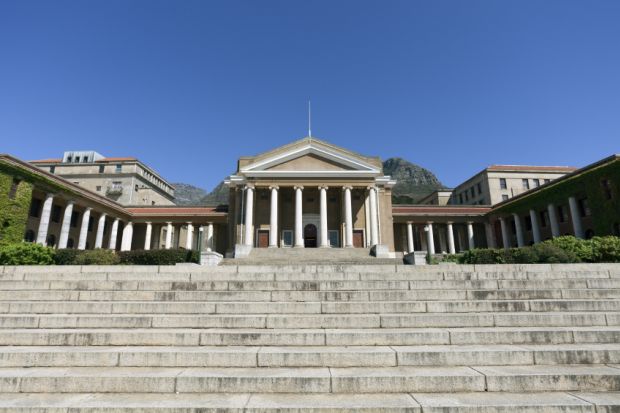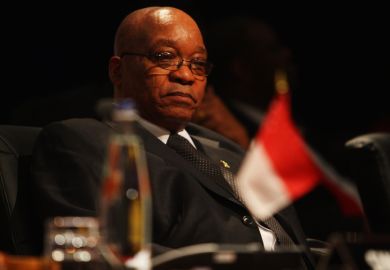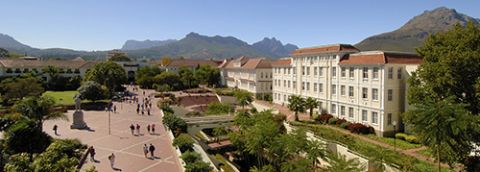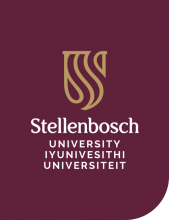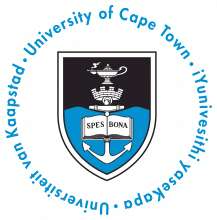Student protests over proposed fee increases have forced the suspension of teaching at several of South Africa’s leading universities.
The latest wave of unrest, which began at the University of the Witwatersrand, spread to Rhodes University and the University of Cape Town on 19 October.
Wits announced on 17 October that it would suspend a planned 10.5 per cent increase in fees, after several days of demonstrations and blockading of entrances to the Johannesburg campus, which forced the suspension of lectures.
However, representatives of the university council declined to address students as planned on 19 October when protesters occupied the institution’s Senate House building.
A university statement said that the “storming” of the premises was “contrary” to the spirit of an agreement that had been signed with students.
“Council and executive management of the university remain committed to resolving the fee issue and to getting the academic project on track as soon as possible,” a statement said. “This can only happen under safe conditions that are conducive to the academic project.”
At Rhodes, in Eastern Cape Province, teaching was suspended after students, reportedly armed with sticks, burned tyres to block the entrance to the institution’s campus. Stun grenades were fired by police, according to reports.
The key concern among Rhodes students is the size of the minimum initial payment, a 50 per cent lump sum of the total annual fee that, for full-time students, amounts to more than 40,000 rand (£1,950).
Teaching was also suspended at Cape Town after demonstrators blocked entrances in protest at a proposed 10.3 per cent increase in fees.
Francis Petersen, the university’s acting vice-chancellor, condemned what he described as “unacceptable and illegal behaviour” and said that the disruption of classes “infringes on the rights of others who wish to continue with their work”.
The latest wave of protests came after students burned cars and petrol-bombed an office in protest at fee changes at the University of KwaZulu-Natal, and after Jacob Zuma, South Africa’s president, acknowledged that financial support for students was “clearly still insufficient to support all poor and academically deserving students”.
Students at the University of Pretoria and Stellenbosch University have also indicated that they will launch protests over planned fee increases.
Speaking on 19 October, Blade Nzimande, the country’s higher education minister, said that he would convene a meeting of vice-chancellors in a bid to defuse the situation.
“Considering the current economic challenges and fiscal constraints facing the country, the department urges all university councils and management to exercise greater caution and sensitivity in the process of determining fee increases in their institutions,” said Mr Nzimande, according to News 24. “It’s imperative that they consult all relevant key stakeholders in order to minimise the detrimental impact on poor students.”
Register to continue
Why register?
- Registration is free and only takes a moment
- Once registered, you can read 3 articles a month
- Sign up for our newsletter
Subscribe
Or subscribe for unlimited access to:
- Unlimited access to news, views, insights & reviews
- Digital editions
- Digital access to THE’s university and college rankings analysis
Already registered or a current subscriber?
